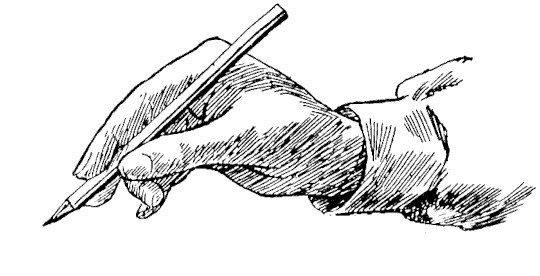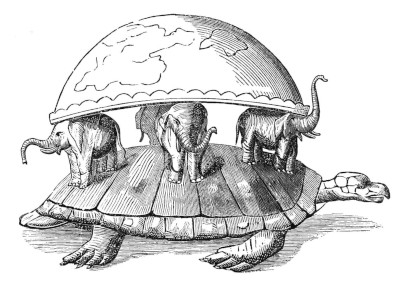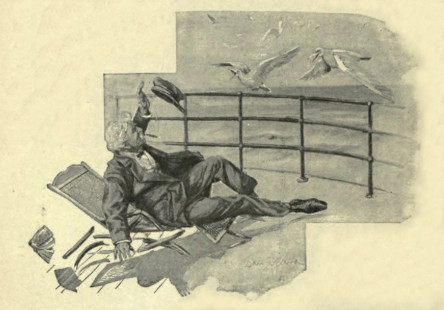John Maynard Keynes? George Patton? Samuel Harries Daddow? Benjamin Bannan? Henry Smith? S. H. Monell? Thomas Brackett Reed? Thomas Alan Goldsborough? Anonymous?

Question for Quote Investigator: A brilliant figure of speech has been employed to describe the performance of a futile or counter-productive task. Here are two versions:
(1) You cannot push on a string.
(2) It’s not wise to try to push a rope.
This saying has been attributed to the prominent economist John Maynard Keynes and U.S. General George S. Patton. Would you please explore this topic?
Reply from Quote Investigator: John Maynard Keynes died in 1946, and the saying was attributed to him in 1970; hence, evidence for this linkage is weak. There is substantive evidence that George Patton employed this saying by 1942, but it was already in circulation.
The earliest match located by QI appeared in the 1866 book “Coal, Iron, and Oil; Or, The Practical American Miner” by Samuel Harries Daddow and Benjamin Bannan. A section discussed two strategies to achieve proper ventilation within a underground mine. One may attempt to push air into a mine or draw air out of a mine. Only the second strategy was practical. Boldface added to excerpts by QI:1
The effect, therefore, of forcing air through a long series of intricate passages is to increase its density and friction in proportion to the pressure applied and the length of the column. To a limited extent this may be done by the expenditure of sufficient power, but this may be compared to the attempt to push a rope instead of pulling it. Whether the ordinary blowing-fan or blowing-cylinder be used, the difficulties are the same: therefore this mode must be condemned.
But when the same power is reversed, and the fan or cylinders are made to draw or suck the air instead of pushing it, the effect is reversed, and the natural or atmospheric pressure becomes an active agent instead of a repellant force . . .
Below are additional selected citations in chronological order.
Continue reading “Quote Origin: You Cannot Push On a String (Or a Rope)”




